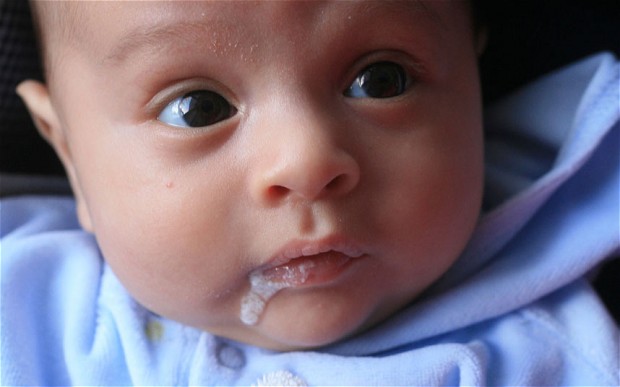
What is Posseting? Home Management Tips to avoid it.
- 26 Feb, 2022
- Posted by admin
- 0 Comment(s)
POSSETING – When baby’s tummy is full of breast milk or formula, milk and acid can come back up in small amounts (posseting). Reflux may even cause your baby to vomit
OVERVIEW:
- Posseting –when your baby vomits small amounts after a feed.
- Reflux – this vomiting is common in babies. It is caused when the valve at the top of the stomach accidentally opens and this leads to stomach come back up the food pipe slowly
- Baby’s tummy is the size of a walnut for the first few months
- When baby is matures and starts solid diet posseting will naturally stop and settle down
- Almost all babies posset during the early months as their tiny bodies begin to develop and they adjust to actually feeding,
- Posseting is the vomit of small quantities of undigested milk after each feed.
- If baby will have no other symptoms, baby is happy, feeds well and gains weight than there is no worry
- If baby is refusing to feed, vomiting, and not gaining weight, than the time to seek medical advice
CAUSES OF POSSETING:
- Posseting is caused because due to the muscular valve present at the end of the food pipe of the baby is not mature completely and that is why it is not able to keep all the food in the stomach.
- Posseting causes no pain or discomfort or other symptoms
FACTORS WHICH CAN INCREASE REFLUX IN BABIES:
- Drinking too much milk and/or drinking it too quickly
- Swallowing air during feeds
- Teething as babies may swallow more saliva than usual
- The introduction of solids or a new food
- Having a cold and swallowing more mucus
POSSETING AND VOMITING:
- Posseting – While little food comes out of baby’s mouth in called posseting,
- Vomiting- brings up a lot more liquid and it’s often a different color to posseting There are quite a lot of things that can cause baby to vomit including: Indigestion, Car sickness, Coughing, Prolonged crying
SEEK HELP WHEN:
- If there is green or yellow, blood in your baby’s vomit
- If your baby is losing weight
- If your baby has a recurrent cough
- If your baby is, crying
- Fever
- regularly vomits large amounts up to two hours after feeding
- A swollen abdomen
- Severe irritability
- Shortness of breath
- refuses feeds,
HOME MANAGEMENT OF POSSETING:
- Handle baby with extra gently and with safety
- In the first 6 weeks give them small amount of the breast feeding
- Raise baby’s head slightly up when changing the nappy
- Give smaller feeds and more frequently
- Keep baby upright after every feeds for 15 minutes to 2o minutes
- If you feed baby with milk bottle than burping him every two or three minutes
- Start solid diet by 4-5 months
- Avoid changing baby’s nappy when their stomach is full
- Change nappy before a feed.
- After feeding, sit baby semi-upright in a baby chair for 15 minutes, to help settle the milk.
- Use a cloth nappy
- Some advice is giving the baby a powder (which can mix with breast milk, baby’s formula or cooled boiled water) to thicken the contents of their stomach and help keep down the milk.
- Choose those with elastic around the neck, or Velcro fasteners, which are easy to whip on and off. Make sure the bib is wide enough to cover the shoulders, and extends around the back of the neck, to catch those unexpected possets.
- When baby burping, hold baby gently
- Put towels or plastic on the floor around you when feeding
- Know your baby’s capacity and feed them slightly less than the capacity.
- After feed immediately help the baby burp so that the milk/formula can settle down in the stomach.
- Holding the baby in the upright position
- Dressing baby in loose clothing with her nappy fastened loosely around her tummy
- Limiting caffeine intake while breastfeeding
